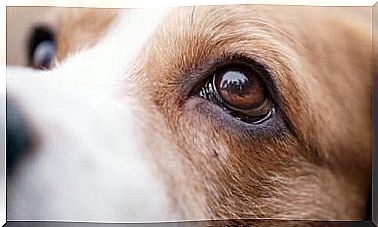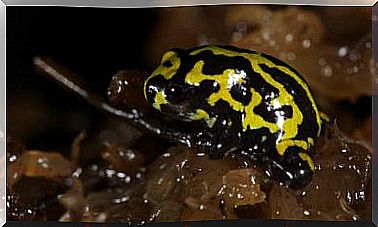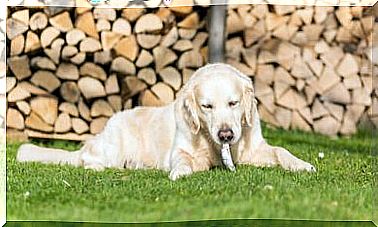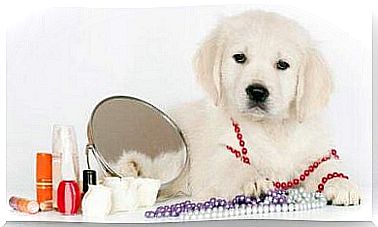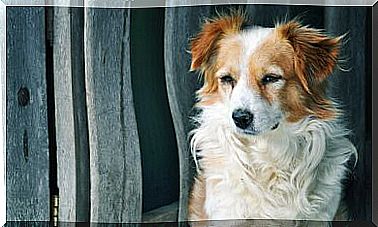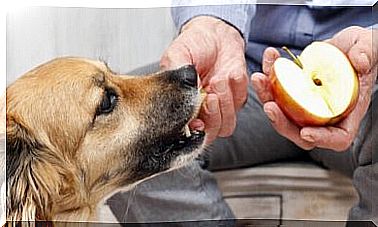Antiparasitic Agents For Cattle

To keep farm animals healthy and strong, the use of pesticide agents is recommended. Anti-parasitic agents for cattle are essential to ensure the health of these animals.
Let’s find out together which are the most widely used anti-parasitic agents for cattle currently.
What parasitic diseases do cattle suffer from?
We can divide diseases caused by parasites into two groups: external (ectoparasites) and internal (endoparasites). External diseases are diseases caused by blood-eating insects, such as tsetse fly, black fly, horse fly, fleas, lice and mosquitoes.
Myiasis (from the Greek myia , “fly”) are defined as all the parasites caused by the larvae of diptera on the living tissues of mammals. They are among the most feared external parasites on farms and fields, infecting the skin, mucous membranes and wounds once the insect lays its eggs and larvae.
The most common internal parasites in cattle are gastrointestinal nematodes, including: Bunostomum , Cooperia , Haemonchus , Toxocaran vitulorum and Trichuris .
Some roundworms affect the animal’s lungs, skin, eyes, and other organs. Worms are other types of internal parasites that can affect cattle, oxen, buffalo and bison.

Antiparasitic agents for cattle: external application
There are several ways to apply the pesticide to cattle, topically or externally. Here are some examples:
1. Spray
Sprays are generally used to treat lice, ticks and flies. In addition, they are used to treat or prevent myiasis, as well as to prevent the proliferation of insects on lesions or wounds caused by surgery. The sprays are easy to apply and do not cause stress in the animal.
2 bathrooms
They can be made by immersion or by sprinkling. The first technique is to immerse the cattle in large pools with water and diluted pesticide.
The disadvantages of this system are many, including the stress generated to the animals, the risk of poisoning if you drink water, but also strokes and fractures caused by falls or sudden movements.
The sprinkler bath is a system that consists in diluting the pesticide in the water and evaporating it on the livestock. The disadvantage of this application is that it can only reach the upper back and not the lower areas.
3. Pesticide earrings
In addition to serving as identifiers, plastic earrings are also used as pesticide agents for cattle, primarily as mosquito and horsefly repellants. The active ingredient lasts about 90 days.
4. Powders
Another system for applying pesticide agents for cattle is through some bags that contain powders with specific drugs, positioned at the exit of the stables.
Thus, when the animal leaves the stable, it operates the container, releasing the dust with the treatment.
Antiparasitic agents for cattle: internal application
The internal application is chosen in particular when it comes to a single infected animal, which is first of all removed from the other cattle. Generally, internal pesticides are used as a precaution against the outbreak of a possible epidemic.
 The methods are:
The methods are:
1. Antiparasitic agents for cattle: intraruminal capsules
Intraruminal capsules serve for the long-term treatment of parasites, as the active ingredient of the drug works very slowly. The animal must ingest the capsule and it acts on its own.
2. Intraruminal fluids
The application of intraruminal fluids is carried out through a needle, which introduces the pesticide through the skin. However, it is considered a rather invasive method, so it was decided not to use it on farm animals weighing less than 200 kilos. This method allows for greater parasite control in cattle.
3. Blocks
The drug is placed in the food and each animal receives at least one dose. The problem with this technique is that it is not possible to know how much pesticide each specimen consumed.
Finally, it is good to know that the application of anti-parasitic agents for cattle must be indicated by a qualified veterinarian and specific instructions must be followed.

